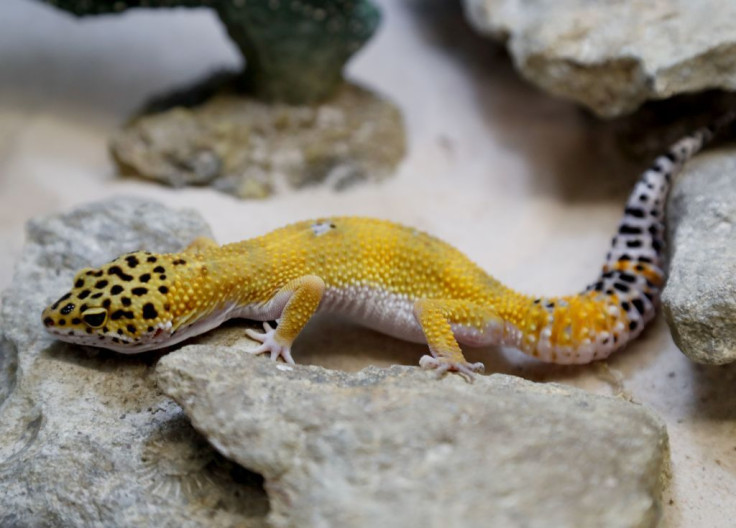Leopard Geckos: These Lizards Can Regenerate Lost, Damaged Brain Cells

For years, scientists have been exploring different creatures around the globe to find answers to health-related problems we humans face, be it Alzheimer’s or any other neural or physical disease.
The work still goes on, but in a new effort, a group of researchers found a creature that can generate its own brain cells and maybe its own brain parts — leopard geckos.
Found in the highlands of Asia to parts of northern India, these ground-dwelling lizards have been subjected to a number of studies, but nobody had a clue they could also produce lost or damaged brain cells when required.
"The findings indicate that gecko brains are constantly renewing brain cells, something that humans are notoriously bad at doing," Matthew Vickaryous, one of the authors of the work, said in a statement.
Vickaryous and colleagues came to this theory after studying the neural makeup of these lizards. This involved studying the chemistry of their brains and identifying a plethora of stem cells capable of producing new brain cells from time to time.
Once the stem cells were identified, the team injected a chemical label that incorporates into the DNA of newly-formed cells to track the generation of neurons in the brain of the lizard. The tracker revealed where exactly the newborn brain cells formed and their ensuing evolution.
The entire effort confirmed the stem cells in question are indeed producing new cells in a region of their brain called medial cortex. This area, as the researchers described, is responsible for the behavior and social cognition, and is pretty similar to hippocampus — a small organ responsible for regulating emotions in human beings. The team even noted they were surprised by the scale of stem cells and the speed at which they were producing neurons in that region.
Though the latest study only suggests the creatures can form new brain cells, many even think the lizards might have the ability to generate parts of their brain — a fact that has not been proven.
Either way, the new work could prove critical in aiding humans, who cannot produce brain cells once they are lost or damaged due to an injury, disease or old age.
"The next step in this area of research is to determine why some species, like geckos, can replace brain cells while other species, like humans, cannot," Rebecca McDonald, the lead author of the work, added in the statement. "Most regeneration research has looked at zebrafish or salamanders. Our work uses lizards, which are more closely related to mammals than either fish or amphibians."
Just last year, another work involving the same lizard creature revealed their cells also helped in reproducing spinal cords while generating tails.
The study titled, "Evidence for neurogenesis in the medial cortex of the leopard gecko, Eublepharis macularius," was published July 27 in the journal Scientific Reports.
© Copyright IBTimes 2024. All rights reserved.




















